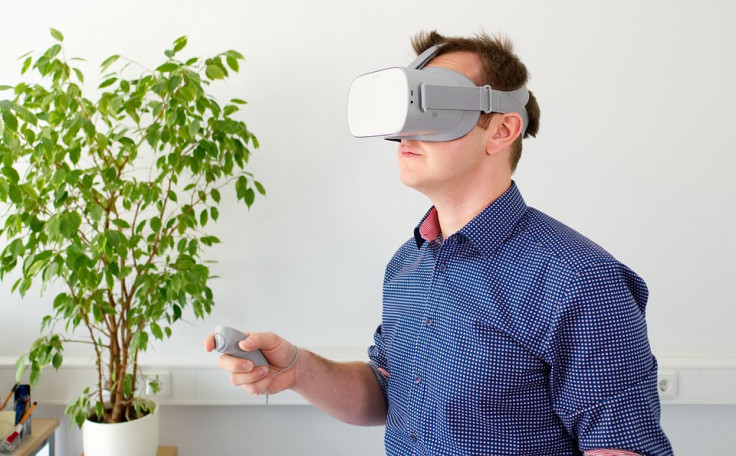Painkiller alternative: Virtual reality, hypnosis may get you through a stitch or IV without pain
Virtual reality glasses provide both visual and verbal distractions all throughout a medical procedure.
Those who may require short medical procedures often associated with pain may no longer have to worry about taking strong medication as new virtual reality glasses or hypnosis may help patients get through the procedure without painkillers.
A preliminary study made by Brussels University Hospital which still needs to be peer-reviewed, was presented online at the European Society of Anaesthesiology and Intensive Care's annual meeting. It revealed that the application of either virtual reality glasses or medical hypnosis could significantly reduce anxiety and pain in patients who are undergoing medical procedures. They noted though, that it is not meant for use for any type of surgery.
The researchers looked at more than a hundred patients who are between six to over 65 years old. The patients were randomly assigned with VR glasses or hypnosis and standard pain medication. The patients received it before and also during the procedure.
The team found that those who had VR glasses or underwent hypnosis experienced reduced pain and anxiety to a point where no painkillers were needed. The team also did not see adverse side effects. However, they noted that the VR group showed more satisfaction compared to the rest. The glasses provided both visual and verbal distractions all throughout the procedure. The researchers also noticed that a cartoon movie, as well as a calming voice, produced positive suggestions to the group.
On the other hand, those who received hypnosis were distracted using positive suggestions that made them feel like they were doing something they really like or that they were in another place. Continuous talk was also used to distract the group under hypnosis.
Mayo Clinic stated that hypnosis, when conducted by a health care professional or a trained therapist can be regarded as a safe, complementary, and alternative treatment. However, it also underscored that this can be inappropriate for those who have a severe mental illness.
Some of the adverse reactions to this include headache, dizziness, drowsiness, anxiety, or the creation of false memories. It also advised caution when hypnosis is recommended as a course of action for patients when working through stressful events that may have transpired in the early days of life as there is a risk of creating strong emotions and false memories.
© Copyright IBTimes 2024. All rights reserved.






